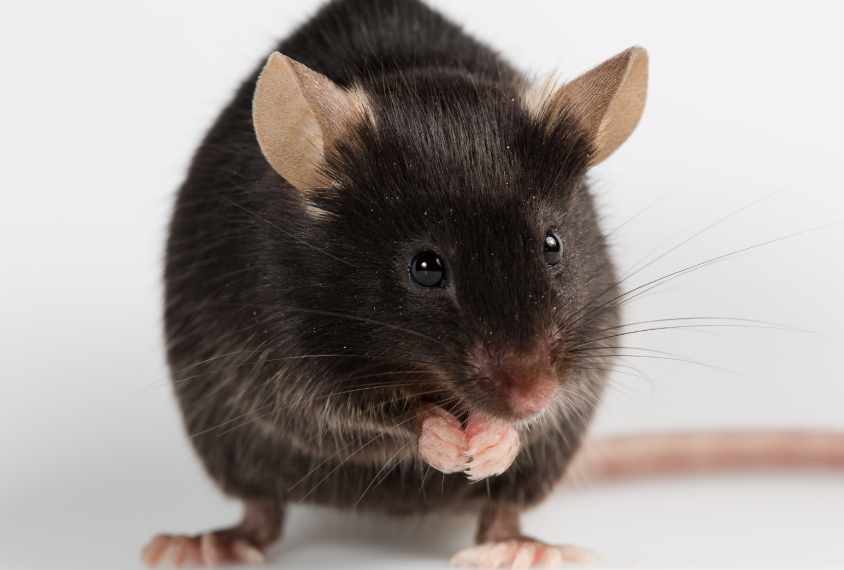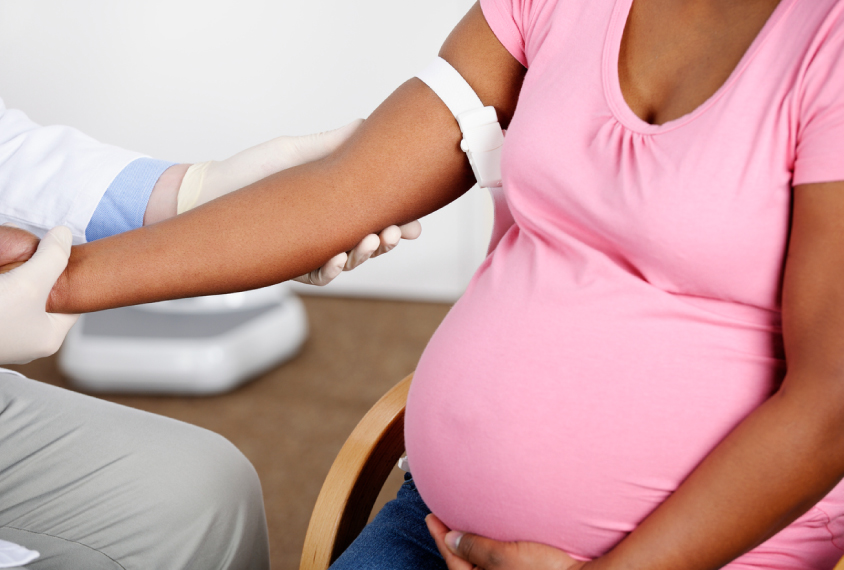Dup15q 2019
Recent articles
Gene linked to multiple forms of autism may boost risk of death from seizures
Mice with extra copies of UBE3A, a gene linked to autism and related conditions, are susceptible to death from seizures.

Gene linked to multiple forms of autism may boost risk of death from seizures
Mice with extra copies of UBE3A, a gene linked to autism and related conditions, are susceptible to death from seizures.
Ultrasensitive blood test may detect autism mutations in utero
A blood test can accurately detect whether a fetus carries large mutations of the kind linked to autism, according to pilot-study results.

Ultrasensitive blood test may detect autism mutations in utero
A blood test can accurately detect whether a fetus carries large mutations of the kind linked to autism, according to pilot-study results.
Explore more from The Transmitter
Machine learning spots neural progenitors in adult human brains
But the finding has not settled the long-standing debate over the existence and extent of neurogenesis during adulthood, says Yale University neuroscientist Juan Arellano.

Machine learning spots neural progenitors in adult human brains
But the finding has not settled the long-standing debate over the existence and extent of neurogenesis during adulthood, says Yale University neuroscientist Juan Arellano.
Xiao-Jing Wang outlines the future of theoretical neuroscience
Wang discusses why he decided the time was right for a new theoretical neuroscience textbook and how bifurcation is a key missing concept in neuroscience explanations.
Xiao-Jing Wang outlines the future of theoretical neuroscience
Wang discusses why he decided the time was right for a new theoretical neuroscience textbook and how bifurcation is a key missing concept in neuroscience explanations.
Memory study sparks debate over statistical methods
Critics of a 2024 Nature paper suggest the authors failed to address the risk of false-positive findings. The authors argue more rigorous methods can result in missed leads.

Memory study sparks debate over statistical methods
Critics of a 2024 Nature paper suggest the authors failed to address the risk of false-positive findings. The authors argue more rigorous methods can result in missed leads.